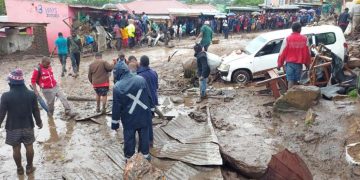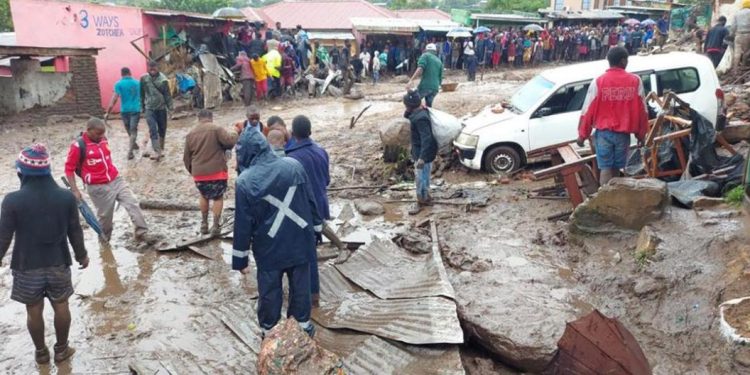By Enyichukwu Enemanna
Following the deadly Cyclone Freddy which struck last month killing hundreds of people and displacing over 650,000 in southern Malawi, United Nations and humanitarian partners in Malawi have appealed for $70.6 million intervention to help those affected by the storm.
Also hit by the storm were Mozambique and Madagascar.
The flash appeal will provide shelter, nutrition, health, water and sanitation for those hardest hit by the crisis, the UN said in a statement.
This is in addition to an earlier appeal for $45.3 million made this year by humanitarian partners to respond to a cholera outbreak. Total revised flash appeal now stands at $115.9 million.
UN resident coordinator in Malawi Rebecca Adda-Dontoh said Malawians have mobilized to support one another in this time of tremendous need, and the call for support is aimed at stepping up solidarity as the international community.
The UN says the funds would enable it to work swiftly in support of the Malawi government-led response to assist communities affected by Cyclone Freddy and cholera.
The cyclone destroyed many bridges and cut off roads in Malawi, making many areas reachable only by boats and aircraft.
Government statistics show that the cyclone left at least 676 people dead, and the death toll is expected to rise, as more than 600 others are still missing.
Werani Chilenga, chairperson for the committee on natural resources and climate change in Malawi’s parliament, said the devastation caused by the cyclone would have been less had the country done a better job of managing its natural resources.
“We have almost lost all the forests. Our land is degraded,” he said. “What we have already started doing as a committee is to lobby the government to come up with deliberate policies where they should distribute these gas stoves for free to people living in cities and towns. Because if you look at the charcoal market, it is found in cities.”
The committee donated gas-powered stoves to cyclone victims living in a camp in Blantyre on Sunday to discourage them from using charcoal.
“If we can’t do that then these calamities are here to stay,” Chilenga said. “And each year out, year in, we shall be coming here donating food items to people staying in camps, which is what we don’t want as Malawians.”



































